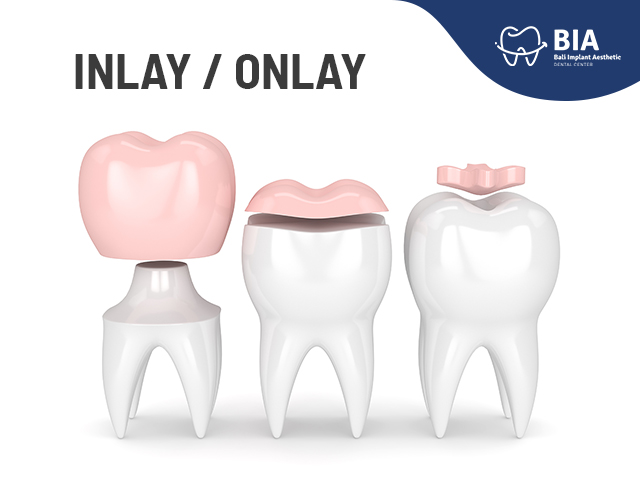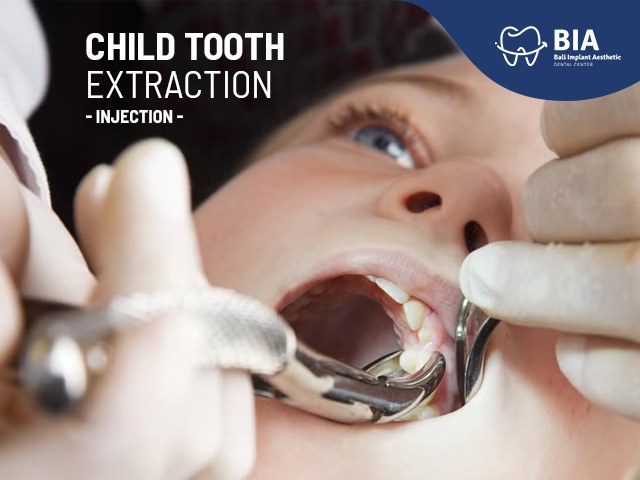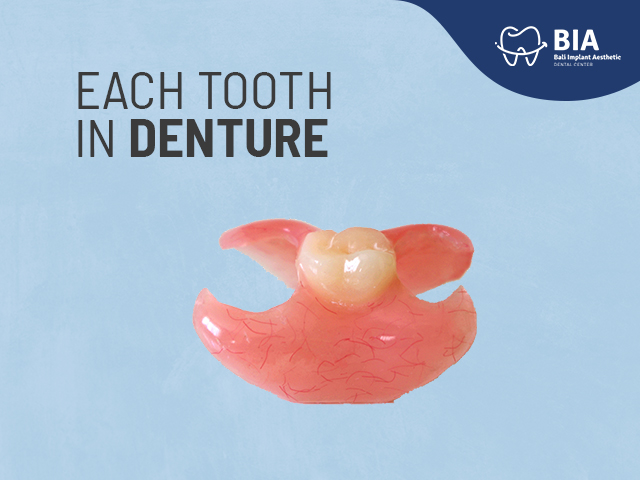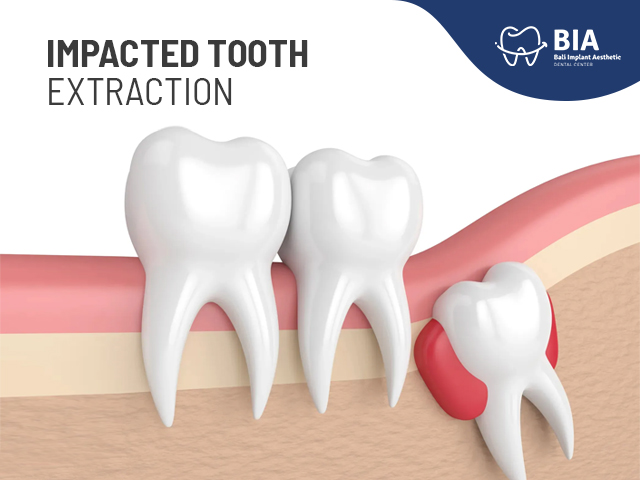Sweet Honey: Causes of Dental Caries?
Article | 2020-08-18 10:12:29
Sweet Honey: Causes of Dental Caries?
Honey has long been used as traditional medicine. Honey is a product of nectar (sugar solution) flowers that experience aerodigestive in the digestive tract of bees, then honey is concentrated through the dehydrating process in the hive. Honey functions as an antibacterial, antioxidant, antitumor, anti-inflammatory and antiviral. The antibacterial effect of honey can fight the emergence of gram-positive bacteria. Honey can inhibit the growth of microorganisms due to low water content, there is an enzyme glucose oxidase (converts glucose into glucose acid), has high osmolarity (functions to extract water from bacterial cells), low acid content (pH: 3.3-4.7) and contain hydrogen peroxide. Hydrogen peroxide effectively kills microbes such as staphylococcus aureus, micrococcus luteus, streptococcus aureus, gram-positive and gram-negative bacteria.
Honey contains alkaline elements, there will be a buffer process in the saliva and make the saliva become alkaline so as to prevent plaque accumulation. Consumption of honey after consuming carbohydrates will prevent the fermentation of the formation of polysaccharide acids by pathogenic bacteria so that it can maintain the degree of acidity (pH) of saliva in an alkaline state.
Honey contains a type of lysozyme enzyme which is an inhibine compound. This compound will reduce the bacteria in the mouth, so that the growth of bacteria in the mouth will be more controlled. After the growth of bacteria in the mouth can be controlled, the production of acid in the mouth from food debris can be reduced or stopped.
Honey has several mineral contents in it, including sulfur, calcium, copper, manganese, iron, phosphorus, chlorine, potassium, magnesium, iodine, zinc, silicon, sodium, molybdenum and aluminum. The compound is an alkali metal group. Alkali metal contained in honey will do the buffer process (buffer) with saliva. Honey is rich in minerals including Na, Mg, Fe, etc. These compounds include metal alkali which carries the nature of bases, so that the acidity by bacteria can be overcome by the buffer process. According to the benefits of consuming honey, the pH of saliva after a meal can increase because the content of honey carries alkaline properties.
Honey also helps remineralisation by helping the expenditure of saliva because it tastes sweet. It is known that the production of saliva will increase one of the causes due to a stimulation of taste. Increased saliva expenditure will help mechanically cleanse leftovers in the teeth and mouth.
Always consult your dental and oral health problems with the best dentists and dental clinics in Bali.
BIA Dental Center
Jl. Sunset Road No.86A, Seminyak, Badung, Bali Indonesia 80361.
+6282139396161




